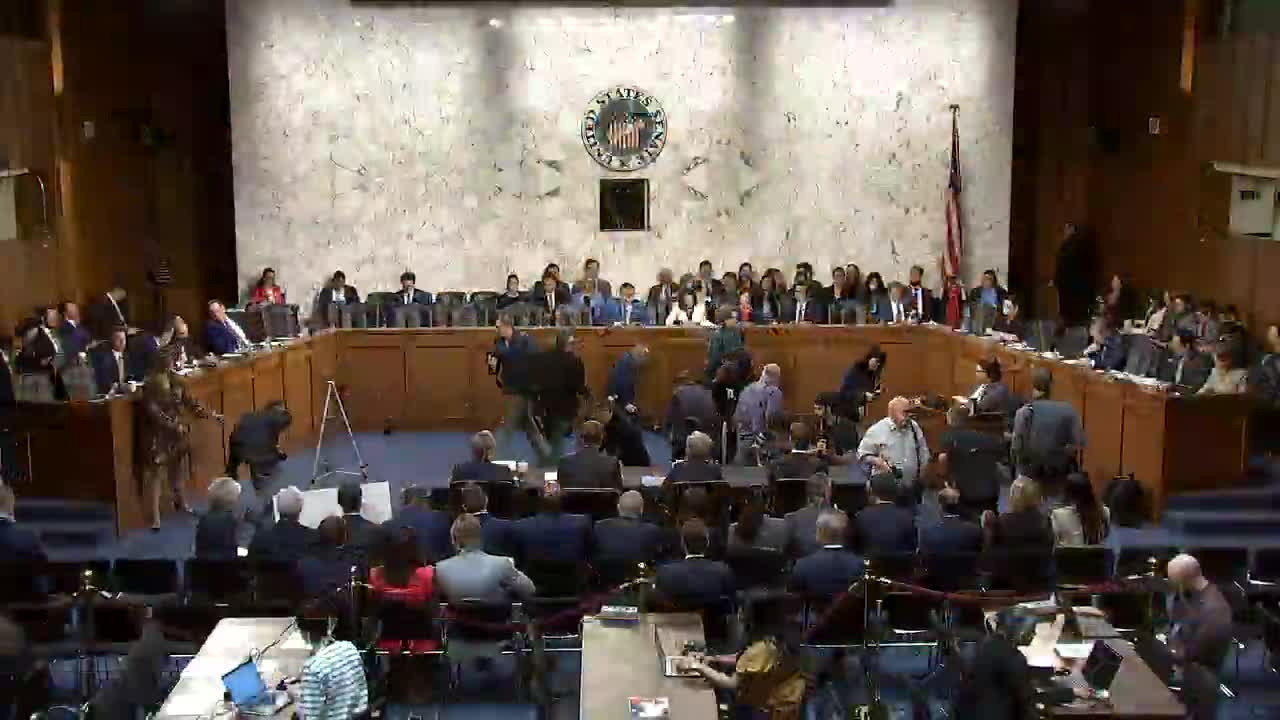Article not found
This article is no longer available. But don't worry—we've gathered other articles that discuss the same topic.
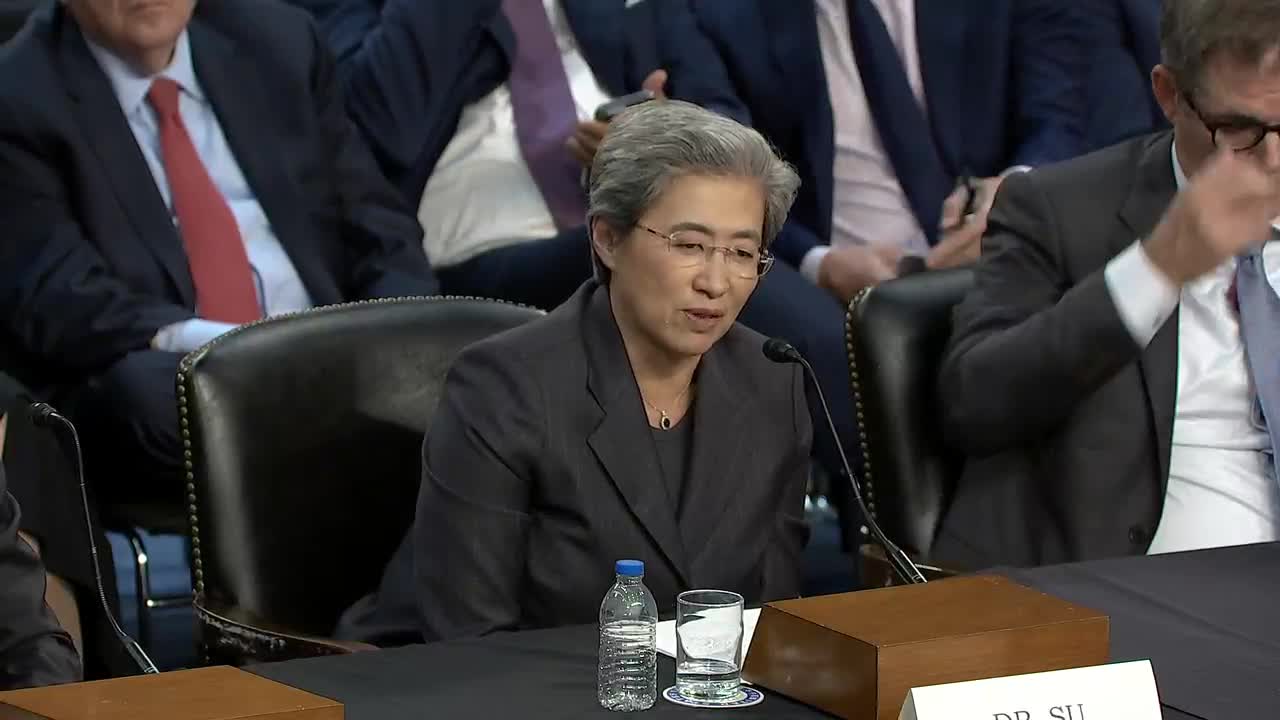
Witnesses highlight national labs, universities and training as critical to sustaining U.S. AI leadership
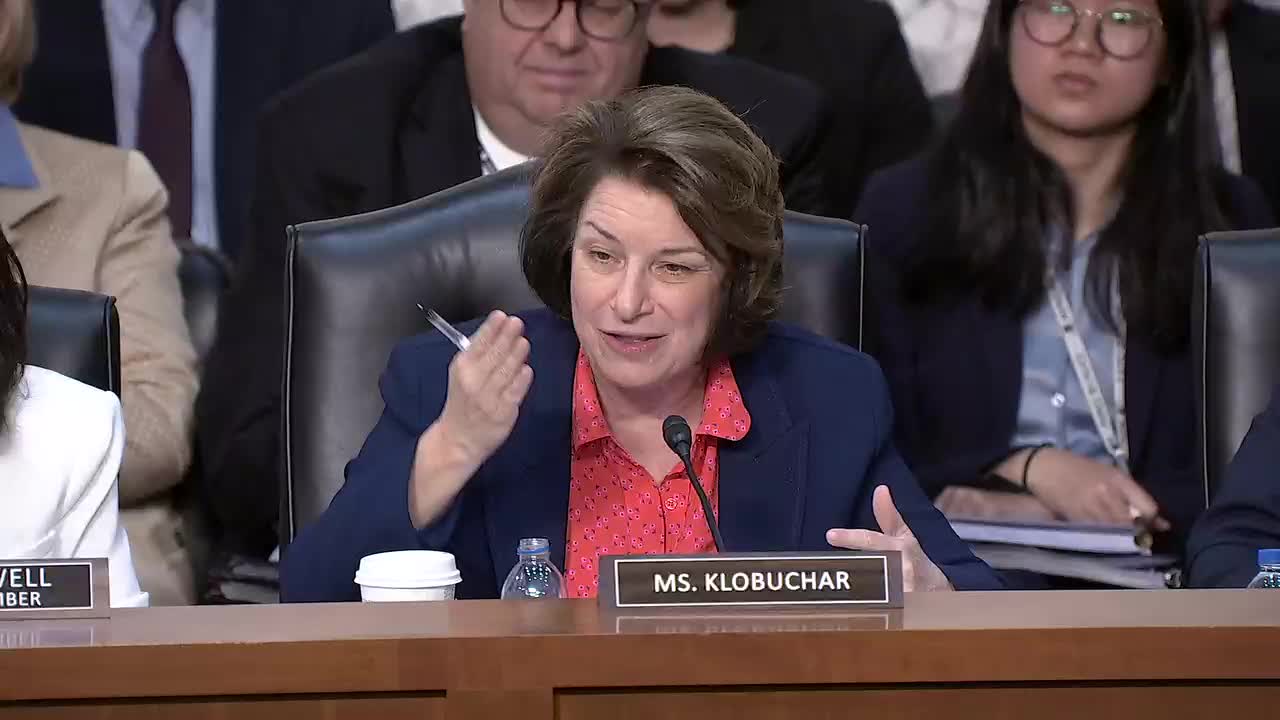
Senators press tech firms on deepfakes, children’s safety and content labeling
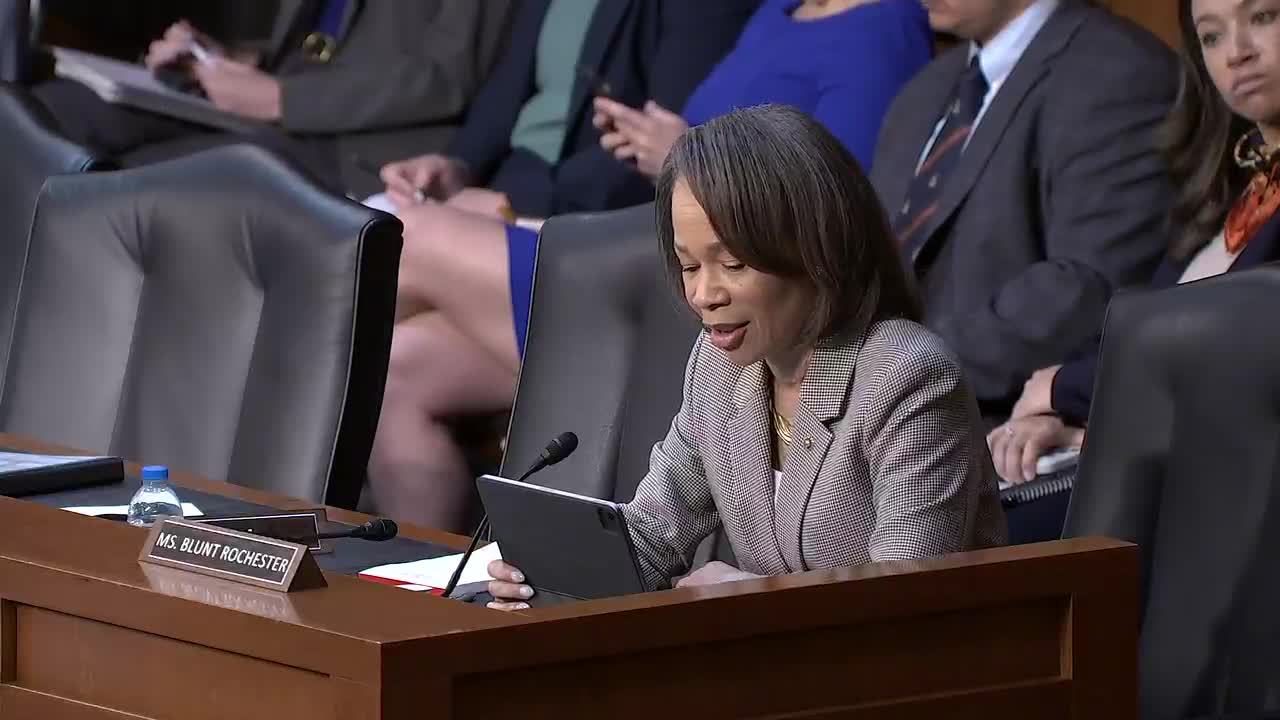
OpenAI tells Senate its nonprofit arm will remain while a public benefit corporation is created to raise capital
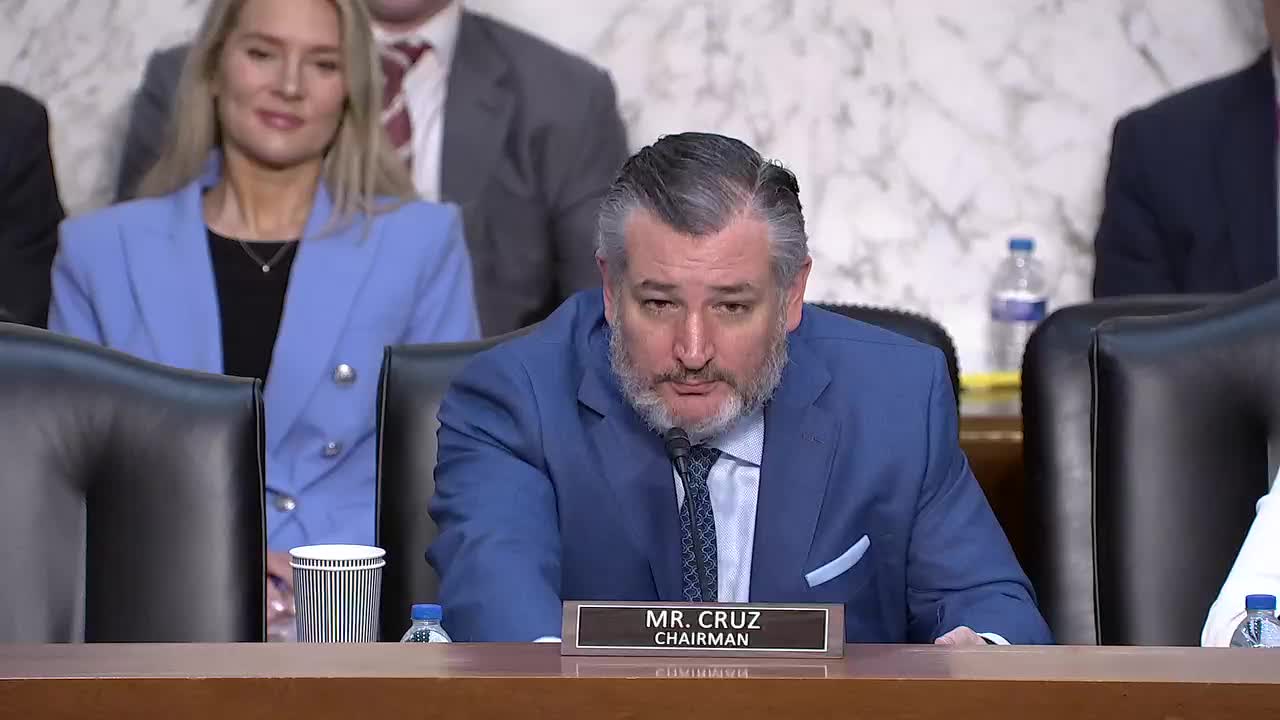
Semiconductor leaders tell Senate U.S. must expand domestic chip production and workforce to sustain AI lead
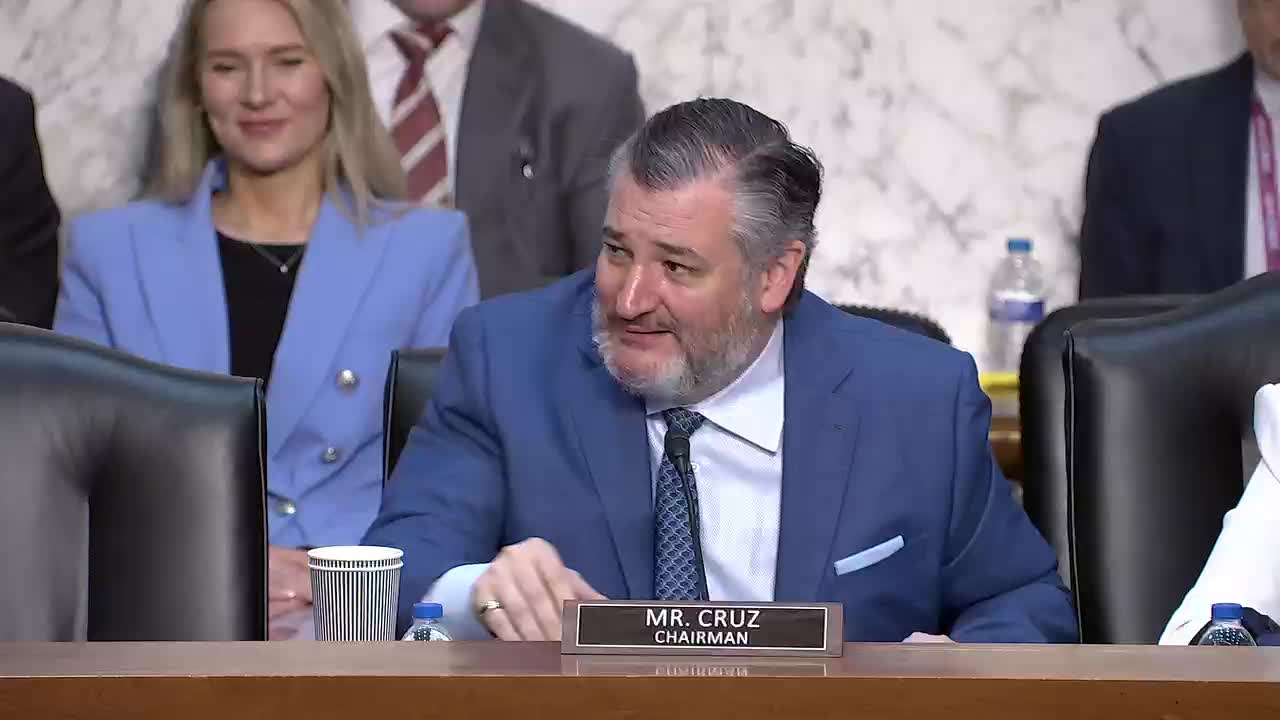
Witnesses warn AI expansion will strain power grids, call for faster permitting and more generation
